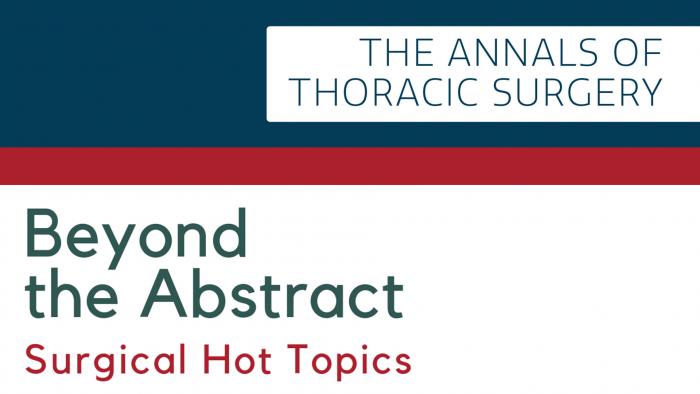At a time when cardiothoracic surgeons face 7%-8% cuts in Medicare reimbursement, they talked about the financial strain that COVID has had on staffing and salaries, how cardiothoracic surgeons quickly adapted to their roles on the front lines, the potential need for surgeons to begin rebuilding their referral networks, and the positive accelerated development of telemedicine opportunities.
